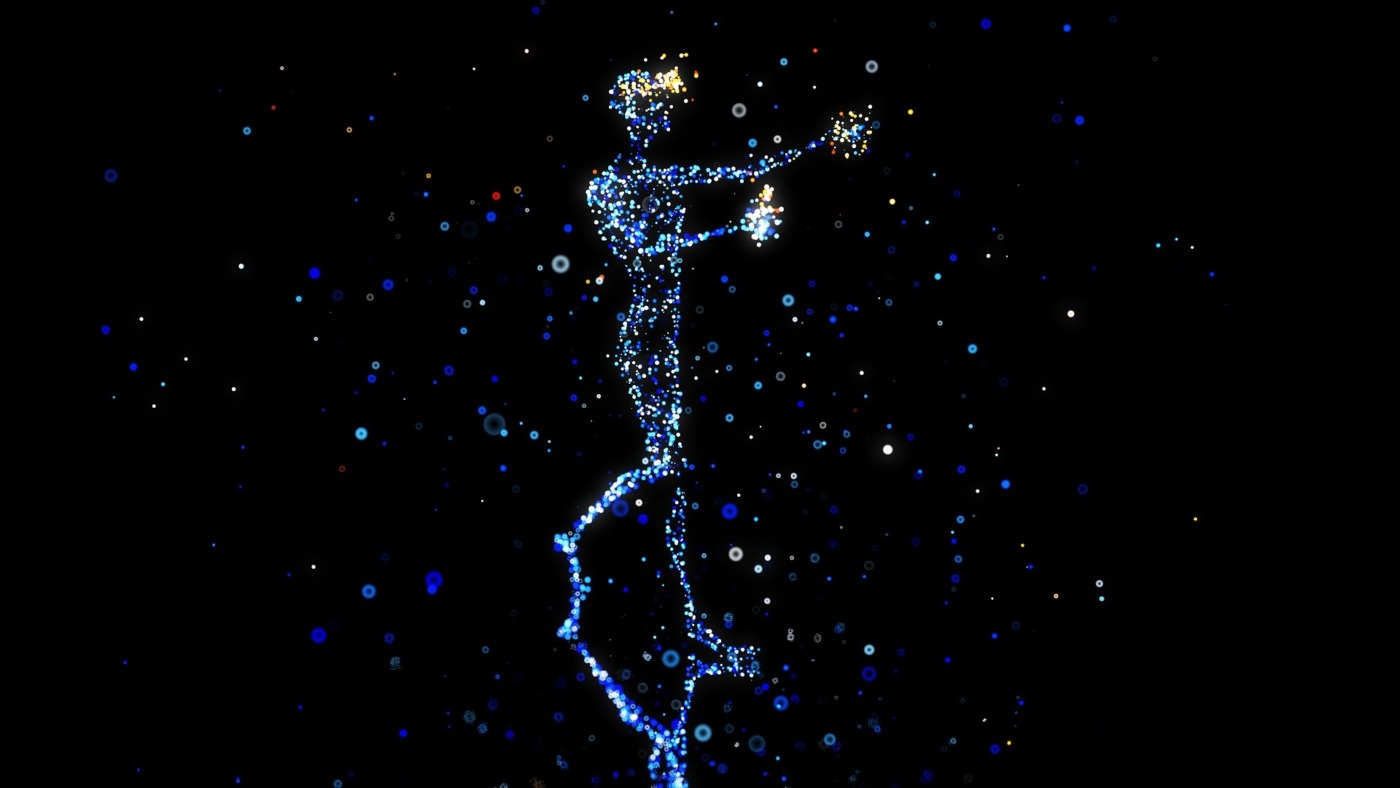Are we already in the metaverse?
I’m sure all of you have heard of the metaverse. On 28 October, the company formerly known as Facebook Inc. changed its name to Meta Platforms, sparking a media frenzy and starting a race to see which of the technology and financial bigwigs can colonise this universe first.
But what is the metaverse? Coined by Neal Stephenson in his 1992 novel, Snow Crash, the metaverse is a virtual reality and successor to the Internet. Accessed through virtual reality headsets, glasses, phones, PCs, and games consoles, we will be able to socialise, conduct business, and game with other people (or at least their avatars) within this space.
WIRED, Forbes and the BBC have all proclaimed that the metaverse is coming but is it not already here?
If the metaverse is a space in which the physical and virtual worlds collide, then surely we have been living in the metaverse for decades, with the introduction of video games. Games as simple as Pong in the 1970s, sucked us into a new realm mentally while we were stationed in the physical world.
More recently, games such as Fortnite and Roblox have taken this concept much further, including features such as virtual concerts on their platforms. Last year, Travis Scott and Lil Nas X’s avatars performed virtually inside of the games, and in light of recent events, this experience was much safer than the real thing.
Additionally, if the metaverse is a place where we can conduct business, then we have unquestionably reached this stage already since most money exists digitally nowadays. An app on my phone shows me money that I am unlikely to ever see a physical manifestation of. Yet with these numbers, I am able to purchase anything from fast fashion to fast food.
Similar to developments in video games, in recent years, cryptocurrencies have pushed boundaries even further, moving completely away from a physical currency backed by central authorities. Crypto is a rapidly expanding area, powered by transformative technology, with the potential to make people very rich. Sound familiar?
While the metaverse is often presented as a utopia and a land of opportunity where anything is possible, this notion could be a fantasy
As with all new technology, the rise of the metaverse is accompanied by scepticism in tandem with excitement. American investor and author of Zucked: Waking Up to the Facebook Catastrophe, Roger McNamee, argued that “Facebook should not be allowed to create a dystopian metaverse” at the Web Summit in Lisbon.
McNamee’s concern is over the ownership of the metaverse. Facebook and Mark Zuckerberg have come under fire for misinformation, prioritising profits over people’s safety and the sale of people’s data. Therefore, Zuckerberg hardly seems like the right person to be leading this move.
Also, while the metaverse is often presented as a utopia and a land of opportunity where anything is possible, this notion could be a fantasy much like the inspiration behind it.
Stephenson’s original metaverse existed in the aftermath of an economic crash, where corporate giants replaced traditional government. Again, this power shift seems familiar – cast your mind back to Donald Trump’s permanent suspension from Twitter following the attack on the US Capitol.
A symptom of Stephenson’s world is an environment plagued with violence and poverty. Many of us would associate Snow Crash’s new normal as dystopian or worse still, an incoming reality.
While users can be whoever they want to be in the metaverse, the real world has restricted their freedom
Maybe more pressingly than an economic crash spiralling the world out of control, the issue of global warming threatens to change our climate and life as we know it, evidenced by discussions at COP26. The prospect of millions of people being displaced from their homes due to rising sea levels doesn’t sound too far off from Stephenson’s vision of waves of immigrants arriving in the United States from Asia and the Pacific.
The appeal of Stephenson’s notion of the metaverse therefore comes from a world in ruins. In his book, only rich people have safe places to live (burbclaves), surrounded by guns and gates. As a result, many people use the metaverse to escape from their bleak lives.
The focus on escapism doesn’t sound particularly appealing. To take it a step further, there are people (known as gargoyles) who remain locked into the metaverse for so long that their bodies become damaged beyond repair. Simultaneously, the world is damaged beyond repair. So, while users can be whoever they want to be in the metaverse, the real world has restricted their freedom. What a worrying existence!
As the metaverse continues to develop, it offers pros and cons. On the one hand, its development is prompting technological advancement, creating jobs, and offering new opportunities to challenge ideas of what we think is possible. On the other, our society, consumed by distorted realities, is unable to clean up the mess it’s made in the real world. Maybe we should devote more time to saving the world as it is before creating new ones.

Comments